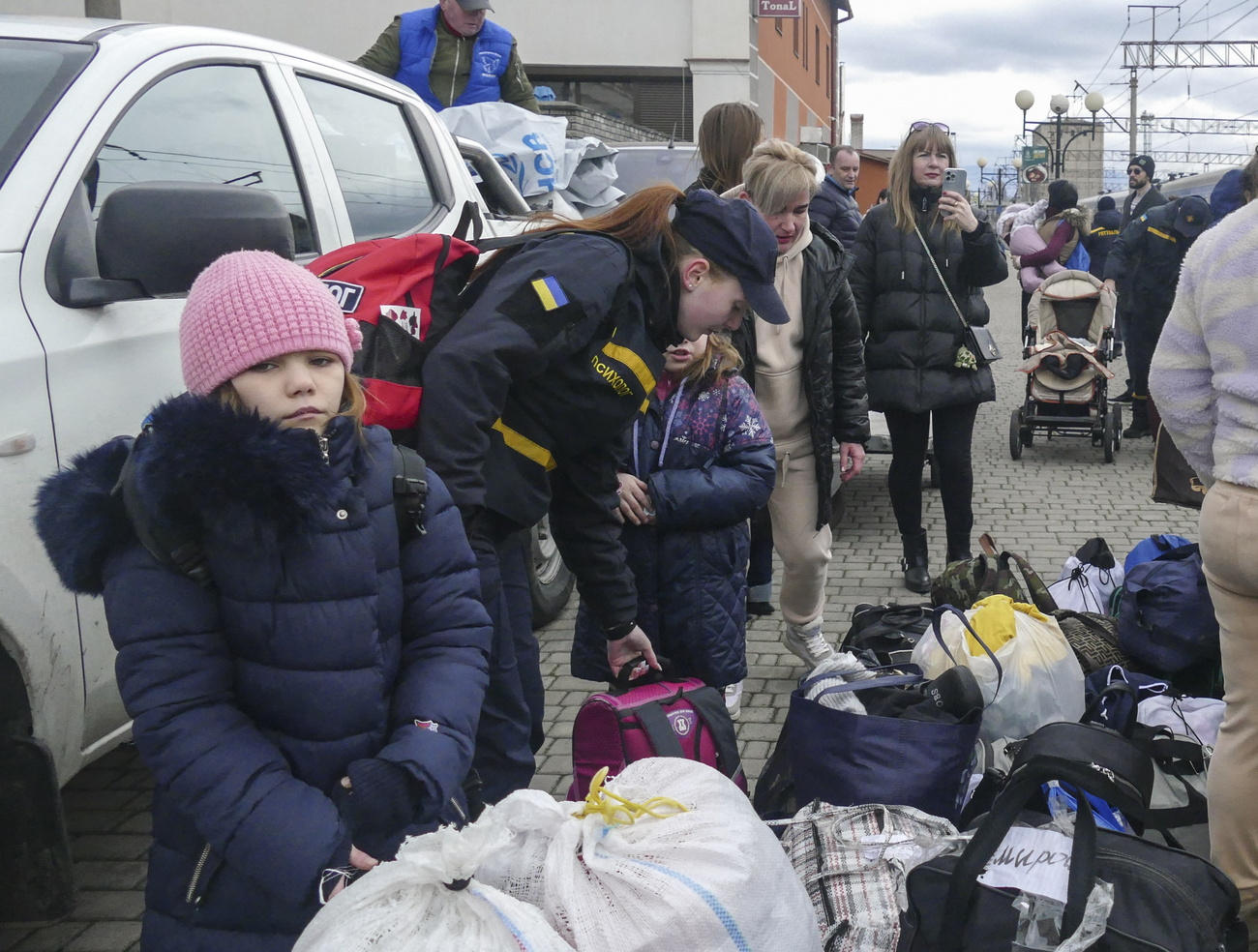
Snow depth in Alps decreasing by up to 8cm per decade

In the Swiss Alps, snow depth has reduced by up to 8cm every decade over the past 60 years, according to an analysis by the Swiss Avalanche Research Institute SLF.
+Get the most important news from Switzerland in your inbox
Using the new Spass model (“Spatial Snow climatology for Switzerland”), researchers have calculated for the first time how the snow cover in Switzerland has changed since 1962 on an area-wide and altitude-dependent basis, the SLF, which is part of the Swiss Federal Institute for Forest, Snow and Landscape Research (WSL), announced on Monday.
“This is the first time that we’ve been able to show trends over a wide area and for different altitudes,” said SLF climatologist Christoph Marty, according to the press release. “We can clearly see the consequences of climate change here.”
At up to 8cm per decade, the decrease in snow depth in the high mountain regions is significantly higher than in the already snow-poor Central Plateau, where snow depth decreased by less than 1cm per decade on average.
+ Why melting glaciers affect us all
The percentage losses were greatest on the Central Plateau: while a decline of around 4% per decade was recorded in the Alps at 2,000 metres above sea level, the average snow depth on the Central Plateau fell by up to 20% per decade.
The SLF used measurement data from 350 stations over the last 25 years for the model. The snow depths from November to April were analysed.
In future, the results will also be used outside of research, for example in collaborations with Switzerland Tourism and Cableways Switzerland or, in the medium term, in the White Risk avalanche app. MeteoSwiss is planning to make climatological snow information from the model publicly accessible.
Translated from German by DeepL/ts
We select the most relevant news for an international audience and use automatic translation tools to translate them into English. A journalist then reviews the translation for clarity and accuracy before publication.
Providing you with automatically translated news gives us the time to write more in-depth articles. The news stories we select have been written and carefully fact-checked by an external editorial team from news agencies such as Bloomberg or Keystone.
If you have any questions about how we work, write to us at english@swissinfo.ch

In compliance with the JTI standards
More: SWI swissinfo.ch certified by the Journalism Trust Initiative



























You can find an overview of ongoing debates with our journalists here . Please join us!
If you want to start a conversation about a topic raised in this article or want to report factual errors, email us at english@swissinfo.ch.